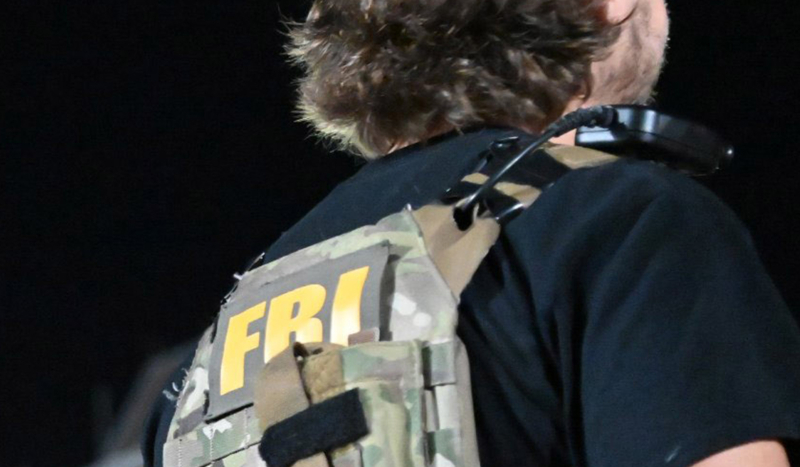
CV NEWS FEED // Sen. Tim Kaine, D-VA, last week defended a recent FBI memo that targeted “radical-traditionalist” Catholics, claiming the agency was acting in Catholics’ best interests and that he has helped put the FBI in touch with bishops.
“Kaine said the purpose of the investigation was actually to look into violent extremists who were targeting ‘radical traditionalist Catholics’ in an effort to recruit them,” reported ABC13, who spoke with the senator:
“I think the key is communication,” said Kaine. “If the FBI has a concern like that, then go to the church leaders and say ‘Hey look, we have a concern and we don’t want your members to get unwittingly caught up in something’,” he suggested.
Kaine compared the FBI’s controversial actions among American Catholics to past efforts by federal law enforcement to prevent “radicalization” among young Muslims by working with mosques.
“After clarifying the matter with the FBI, Kaine said he helped connect Bishops with the FBI so they could further discuss these concerns with transparency,” ABC13 reported.
Kaine, claims to be a Catholic but supports legal abortion, was Democratic presidential candidate Hillary Clinton’s running mate in the 2016 presidential election.
His comments come as the FBI faces increasing scrutiny over its apparent efforts to target what it calls both “radical-traditionalist” and “mainline” Catholic parishes.
As CatholicVote reported last week:
“Based on the limited information produced by the FBI to the Committee, we now know that the FBI relied on at least one undercover agent to produce its analysis,” wrote Committee Chair Jim Jordan, R-OH, in a Monday letter to FBI Director Christopher Wray. The FBI further “proposed that its agents engage in outreach to Catholic parishes to develop sources among the clergy and church leadership to inform on Americans practicing their faith.”
Jordan said the “shocking” new information “reinforces our need for all responsive documents, and the Committee is issuing a subpoena to you to compel your full cooperation.”
According to the limited documentation the FBI released to Congress, the FBI had sought to use Catholic churches as “new avenues for tripwire and source development,” including at “mainline Catholic parishes” and among “local diocesan leadership.”
The Agency also aimed to “sensitize” Catholic churchgoers “to the warning signs of radicalization,” and “enlist their assistance to serve as suspicious activity tripwires.”

